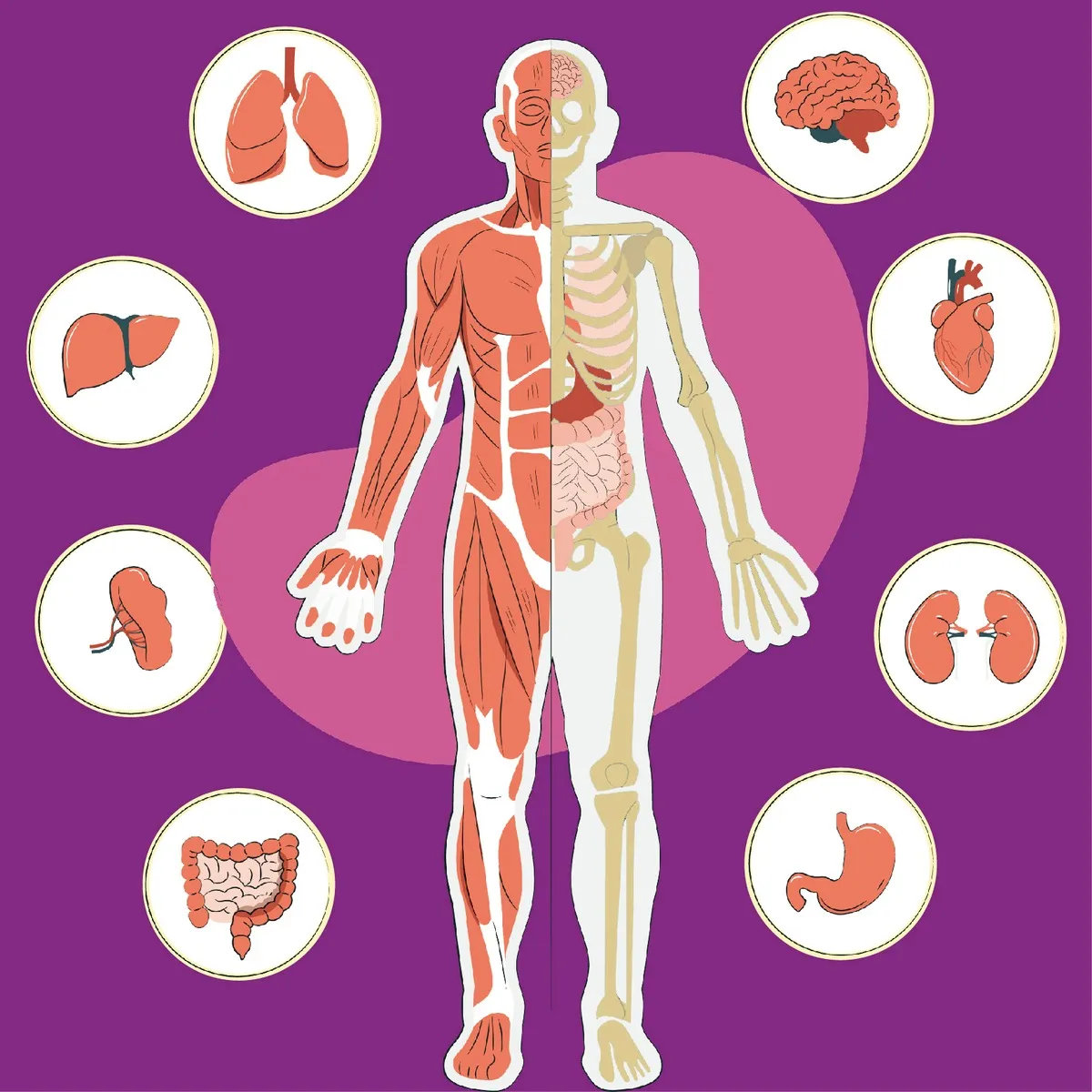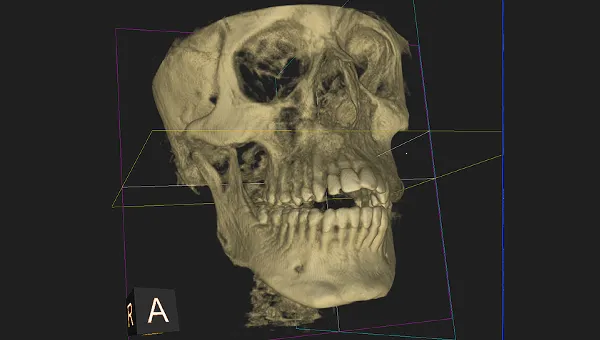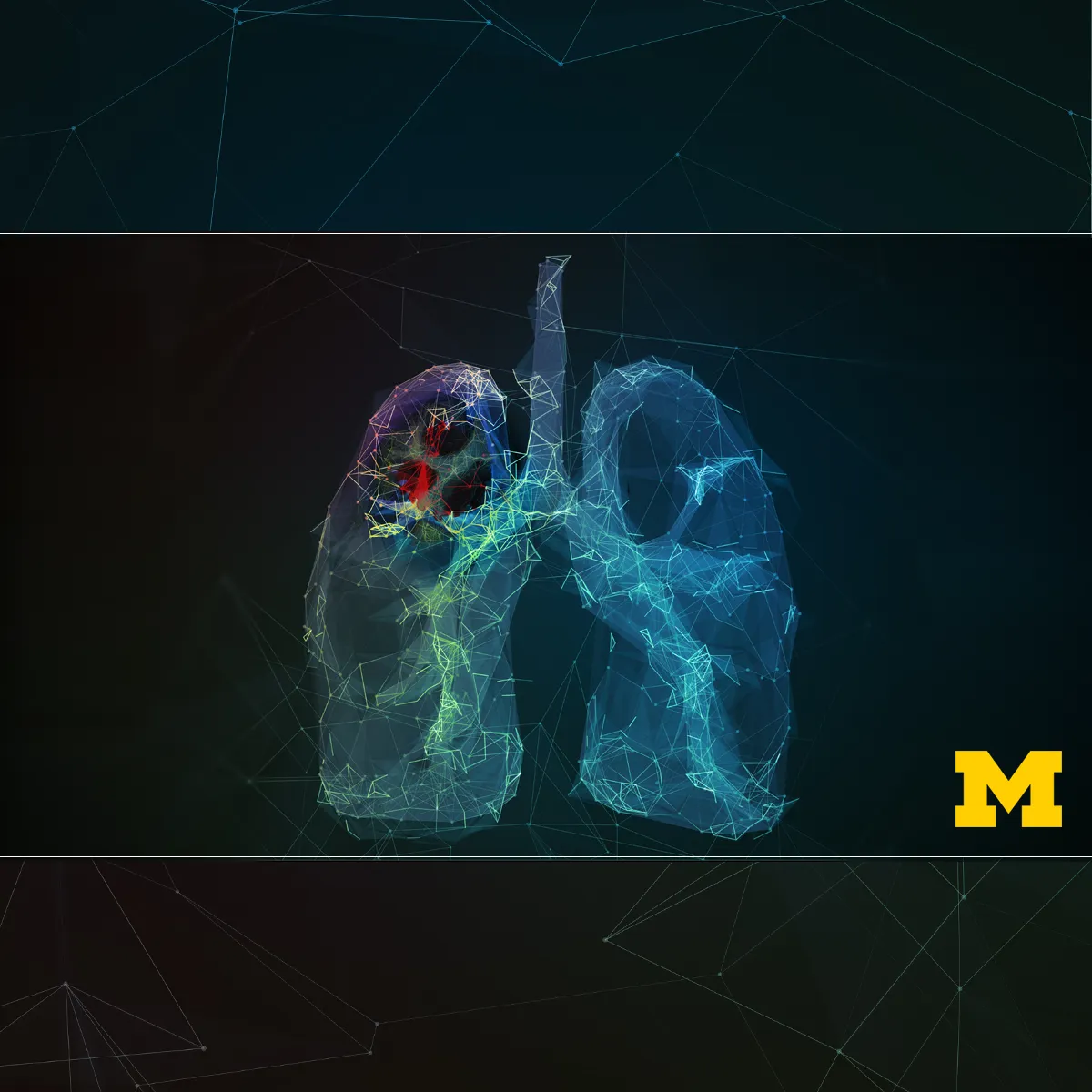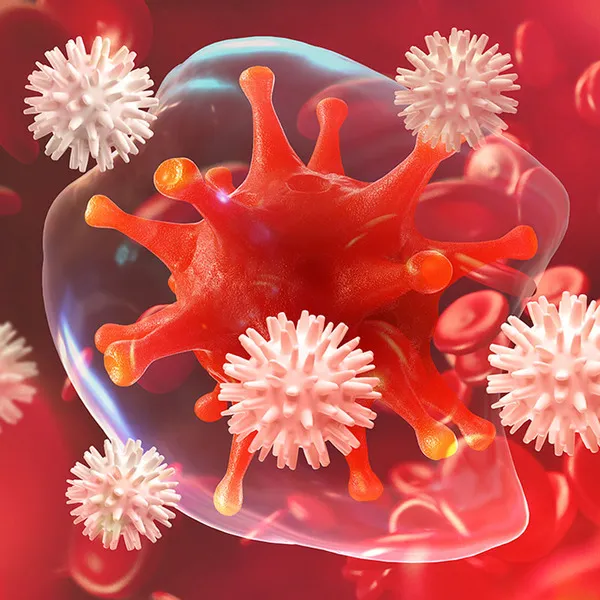
Basic Principles of Cell Signaling 
Get a comprehesive understanding of Basic Principles of Cell Signaling. This is a free course from Coursera. AZ Class provides this course data for free. Learn more certificate and details here. Unlock the secrets of cell signaling with this comprehensive 6-week course. Discover how cells communicate and coordinate their actions through internal and external signals. Explore the biochemical principles behind signal transduction pathways and gain a deeper understanding of cellular growth, metabolism, and differentiation. Delve into the dysregulated cell signaling seen in diseases like cancer and diabetes, and learn how this knowledge can be used to develop effective therapeutic agents. Don't miss this opportunity to unravel the mysteries of cell signaling and gain valuable insights into the mechanisms of life. Enroll now and unlock a world of possibilities. ▼
ADVERTISEMENT
Course Feature
![]() Cost:
Cost:
Free
![]() Provider:
Provider:
Coursera
![]() Certificate:
Certificate:
Paid Certification
![]() Language:
Language:
English
Course Overview
❗The content presented here is sourced directly from Coursera platform. For comprehensive course details, including enrollment information, simply click on the 'Go to class' link on our website.
Updated in [October 07th, 2023]
What does this course tell?
(Please note that the following overview content is from the original platform)
The coordination of life in multicellular organisms is precisely controlled by cells via various internal and external signals. Cells depend on different types of signals to regulate their growth, division, metabolism as well as death. Signals are growth factors or hormones produced and secreted by other cells. Some signals such as nutrients are in the form of molecules from the environment. Signaling molecules are sensed by direct binding to specific receptor molecules. Depending on the biochemical properties and ways of molecules changes, we can group various signaling events in defined pathways. Throughout specific signal transduction pathways, a signal can modulate cellular activities and gene expression, thereby leading to changes in cell growth, metabolism, differentiation, or many other cellular functions. When genetic mutations or biochemical changes occur in key proteins of certain cellular signaling pathways, cellular homeostasis can be disrupted, thus triggering tissue malfunctions, itiation or spread of cancer, or developmental anomalies. Dissecting biochemical principles of these cell signaling pathways is essential for us to better understand mechanisms of both normal cells and pathological conditions, therefore our knowledge on signal transduction will provide valuable information to develop effective therapeutic agents to fight against diseases..This 6 week-course will give you a solid introduction to the basic fundamentals of cell signaling. I will first define the concept of cell signaling and introduces major types of cellular signaling events. Throughout 6 weeks, we will study biochemical basis of electrical signaling, chemical signaling as well as gap junction-mediated signaling pathways. We will also learn about key principles underlying signal transduction pathways by studying significance of protein-protein interactions and signaling second messengers. In the end of each week, dysregulated cell signaling in pathological conditions such as cancer and diabetes will be presented and discussed. Everyone knows that cell signaling is essential for sustaining life. How can you explain insulin actions in lowering glucose in biochemical details? What can be the fundamental mode of oxygen sensing in our body? Have you ever thought about ways of how we can specifically remove or kill certain types of rapidly-growing cancer cells? Cell signaling accompanies various biochemical strategies to sense and transmit signals inside our cells. Without fine control of those signaling processes, cells, tissues, and organisms cannot maintain life.
We considered the value of this course from many aspects, and finally summarized it for you from two aspects: skills and knowledge, and the people who benefit from it:
(Please note that our content is optimized through artificial intelligence tools and carefully reviewed by our editorial staff.)
What skills and knowledge will you acquire during this course?
During this course, students will acquire the following skills and knowledge:
1. Understanding the concept of cell signaling: Students will learn the fundamental principles of cell signaling and its importance in coordinating life in multicellular organisms.
2. Types of cellular signaling events: Students will be introduced to the major types of cellular signaling events, including growth factors, hormones, and nutrients, and how they regulate cell growth, division, metabolism, and death.
3. Biochemical basis of electrical signaling: Students will study the biochemical principles underlying electrical signaling in cells, including the role of ion channels and membrane potentials.
4. Chemical signaling pathways: Students will learn about the biochemical basis of chemical signaling, including the binding of signaling molecules to specific receptor molecules and the subsequent modulation of cellular activities and gene expression.
5. Gap junction-mediated signaling: Students will understand the role of gap junctions in cell signaling and how they facilitate the direct exchange of signaling molecules between cells.
6. Protein-protein interactions in signal transduction: Students will study the significance of protein-protein interactions in signal transduction pathways and how they regulate cellular functions.
7. Signaling second messengers: Students will learn about the role of signaling second messengers, such as cyclic AMP and calcium ions, in transmitting signals within cells.
8. Dysregulated cell signaling in pathological conditions: Students will explore how genetic mutations or biochemical changes in key proteins of cellular signaling pathways can disrupt cellular homeostasis and lead to diseases such as cancer and diabetes.
9. Therapeutic implications: Students will gain valuable knowledge on signal transduction pathways that can be used to develop effective therapeutic agents to combat diseases.
Who will benefit from this course?
This course on the Basic Principles of Cell Signaling will benefit individuals from various interests and specific professions.
1. Biologists and Biochemists: This course will provide a solid foundation in understanding the biochemical principles of cell signaling. It will help biologists and biochemists gain a deeper understanding of the mechanisms involved in cellular communication and how it affects various cellular functions. This knowledge can be applied in research settings to study normal cell behavior and pathological conditions.
2. Medical Professionals: Medical professionals, such as doctors and nurses, will benefit from this course as it will enhance their understanding of the molecular basis of diseases. By studying dysregulated cell signaling in pathological conditions like cancer and diabetes, medical professionals can gain insights into the underlying mechanisms and develop more effective therapeutic strategies.
3. Pharmaceutical Researchers: This course will be valuable for pharmaceutical researchers involved in drug discovery and development. Understanding the principles of cell signaling will help researchers identify potential drug targets and design molecules that can modulate specific signaling pathways. This knowledge can contribute to the development of novel therapeutic agents for various diseases.
4. Biotechnologists: Biotechnologists working in fields such as genetic engineering and bioprocessing can benefit from this course. Cell signaling plays a crucial role in regulating cellular processes, including gene expression and metabolism. By understanding the principles of cell signaling, biotechnologists can manipulate these pathways to optimize production processes or engineer cells for specific purposes.
5. Students and Researchers in Cancer Biology: Cancer is often associated with dysregulated cell signaling pathways. This course will provide students and researchers in cancer biology with a comprehensive understanding of the biochemical principles underlying these pathways. It will enable them to study the molecular mechanisms driving cancer progression and identify potential targets for therapeutic interventions.
Course Provider

Provider Coursera's Stats at AZClass
Discussion and Reviews
0.0 (Based on 0 reviews)
Explore Similar Online Courses

Fundamental Human Physiology in Sports Medicine

Paleontology: Early Vertebrate Evolution

Python for Informatics: Exploring Information

Social Network Analysis

Introduction to Systematic Review and Meta-Analysis

The Analytics Edge

DCO042 - Python For Informatics

Causal Diagrams: Draw Your Assumptions Before Your Conclusions

Whole genome sequencing of bacterial genomes - tools and applications

Introduction to Dental Medicine

Thoracic Oncology


Start your review of Basic Principles of Cell Signaling